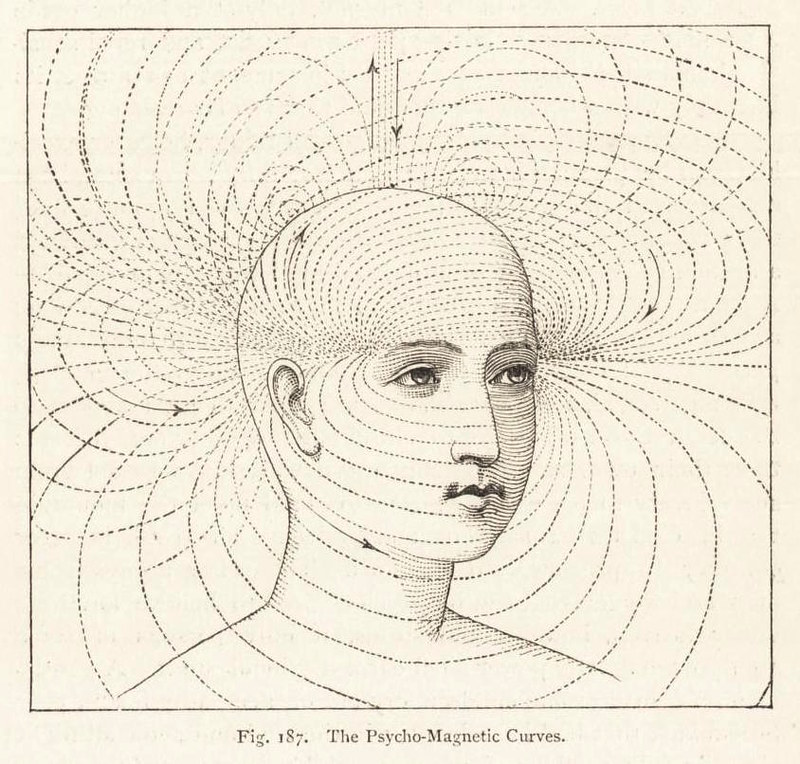The final installment of the miscast tables series is a double-feature... Thanks to everybody who commented on these, and soon I'll put together a unified pdf for easier use!
Metamagic (spells affecting or modifying other spells or spellcasting abilities)
- Wipe-out. The caster loses all prepared spells and takes 1d3 damage for every prepared spell lost this way.
- The caster’s magic jumps to the nearest conscious humanoid. For the duration of 2d6 hours, the new person gains the full spellcasting abilities of the original caster, all remaining prepared spells and spell slots, is considered to be the level of the original caster for spellcasting purposes. They can prepare new spells (if the duration of the effect permits) or risky cast from the original caster’s spellbook. This doesn’t intersect with any spellcasting abilities the person might have. Treat it as a “parallel consciousness”. After the 2d6 hours, the effect is reversed and the original caster regains their abilities (and whatever prepared spells are left).
- “So Many Mouths to Feed!” All of the caster’s prepared spells and open spell slots are replaced with Magic Mouth. These must be cast to clear the way for new spells.
- The winds of magic are out of control! For the next [caster level] hours, treat all spellcasting attempts made by the caster as risky casting.
- The dam breaks! All of the caster’s memorized/prepared spells are cast at the same time, in a single round. The caster takes 1d3 damage for every spell cast this way.
- The caster’s misjudged attempt at modifying the fabric of the universe triggers a butterfly effect. Everybody in the universe can feel the fluttering of the wings… but no one knows what happens at the end of the chain of events that are set into motion. The Referee introduces a significant change in the game setting. When the caster first encounters evidence of this event, they will definitely know that this is THEIR doing.
Mind altering spells, charms, telepathy
- All channels are two-way... The caster switches minds with the target of the spell (or one random target). Charisma, Intelligence and Wisdom scores and all saving throws “travel” with the mind. All else (hit points, attack bonuses, etc.) belongs to the body. Every turn, both victims can attempt to switch back. If both are willing AND pass a save against Magic, the swap is reversed. If only one person is willing, this person must pass a save with a -4 penalty.
- The caster’s mind is lost in the intricacies of the psychic realm. The caster suffers the effect of Feeblemind, lasting [20 - caster’s Intelligence score] hours.
- Next time the caster tries to persuade, fast-talk, cheat, bribe etc. an NPC in a non-magical way, the spell that was miscast is cast by the person the caster is trying to influence (but with the caster’s level), with the caster (or their group) as the target.
- All metallic objects in a [caster level times 10’] radius start to resonate with the caster’s thoughts and transform them into audible sound. The caster’s current intentions, doubts and fears are broadcast for everyone to hear.
- Under the stress of the spell, a small fragment of the caster’s mind forms an enclave. This isolated little piece is identical to the rest of the caster’s mind but in one thing: it completely believes that whatever the spell was intended to do, succeeded. From now on, whenever this might affect their behavior, the caster takes the information stored in the mind-fragment as the absolute truth.
- The psycho-magnetic vibrations caused by the miscast awaken the latent psychic abilities of a random sentient target of the spell, or, if the spell doesn’t have targets, a random sentient creature in [caster level times 10’]. If the campaign doesn’t use psionics or similar powers, the target receives a 1/day use of a random spell, roll 2d6:
2 Suggestion, Mass
3 Feeblemind
4 ESP
5 Charm Person
6-7 Message
8 Comprehend Languages
9 Suggestion
10 Forget
11 Confusion
12 Charm Person, Mass

